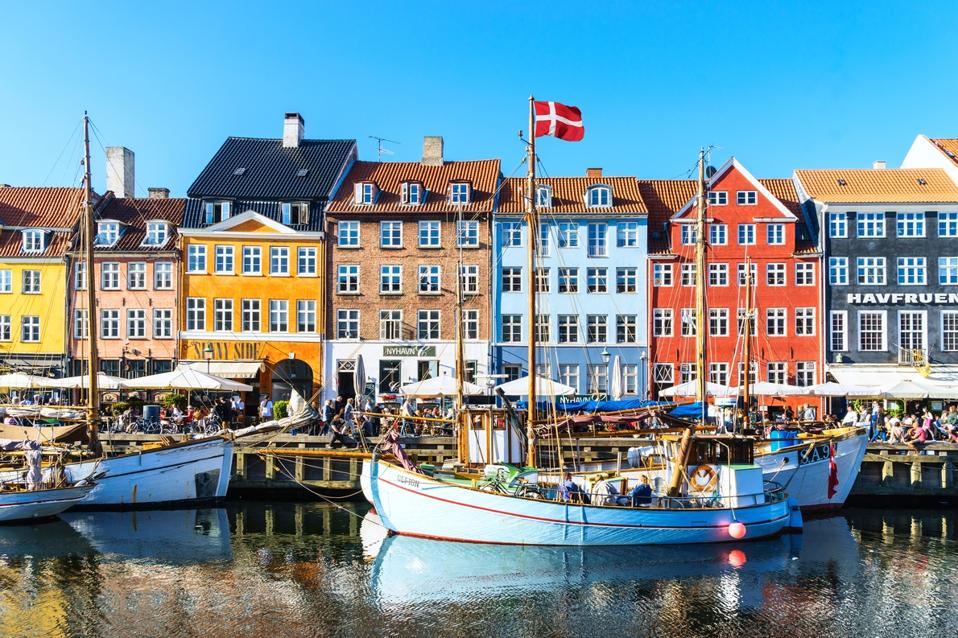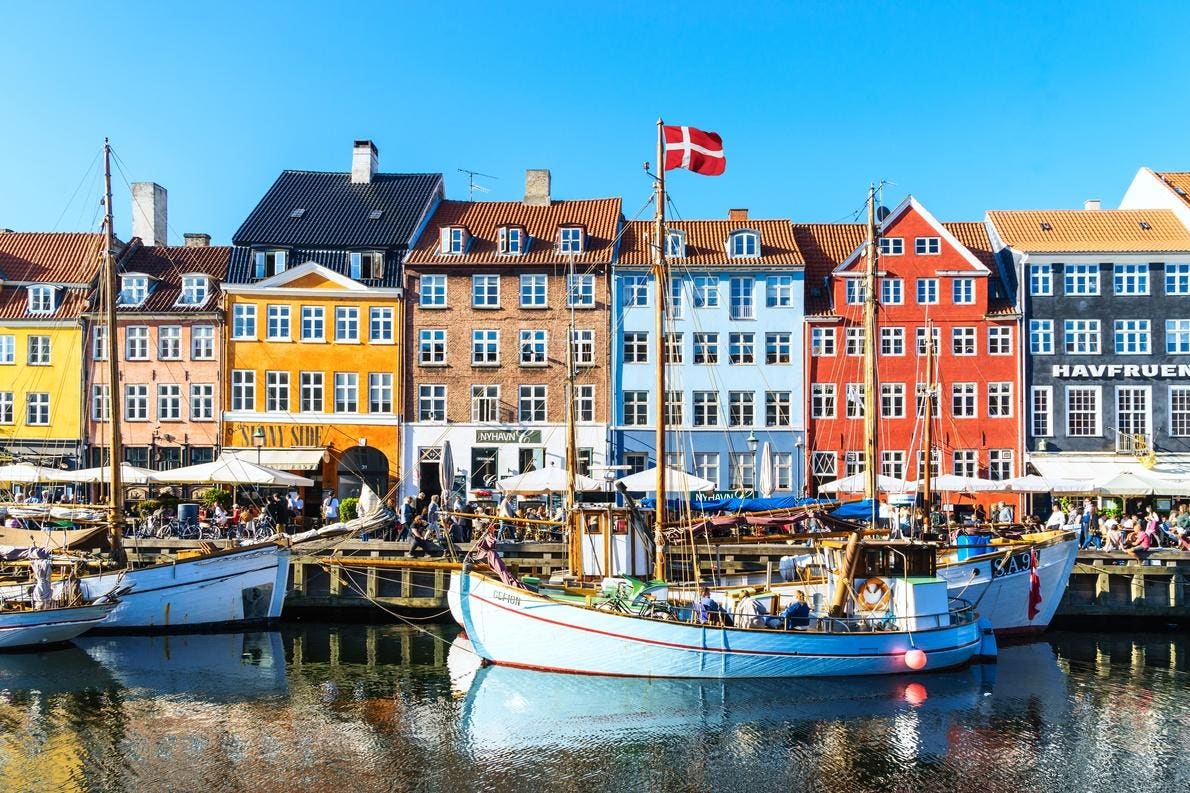
Copenhagen, Denmark
getty
Interior affairs ministers from various European Union member states have been meeting in Copenhagen – the capital of Denmark which currently holds the rotating EU presidency – to discuss ways to increase deportations of foreign nationals. The talks build on an earlier meeting in Germany, after which various schemes for blocking or deporting failed asylum seekers and other migrants deemed undesirable were endorsed.
The issue of deportations – known as ‘returns’ in Brussels diplomatic language – has been pushed by Denmark in particular in recent years. The country’s leadership recently spearheaded an open letter calling on Europe’s legal and human rights regime to be reconsidered to allow more deportation flights. Denmark has also made it clear that it intends to use its holding of the European presidency – which broadly means it gets to set some of the policy debate and agenda for the next six months – to push the EU to open up more ways to remove people, and to set up extra-territorial reception centers known as ‘return hubs.’
Denmark is far from the only country pushing for such changes to Europe’s asylum and migration system. The idea of preventing people arriving in Europe to seek shelter in the first place, and finding ways to remove them more quickly, has gone from being somewhat fringe in European policy circles to something approaching an orthodoxy. Leaders across the bloc have called on the European Commission – the EU’s executive arm – to open up more avenues for deportations, and it has obliged them by initiating a legal framework for individual member states to pursue ‘return hub’ arrangements.
At the same time, policy changes are underway that will see the so-called ‘connection criteria’ removed from EU frameworks. This principle, long considered sacrosanct, prevents people from being deported to a place they do not have a connection to – that is to say where they’re originally from, or have some kind of residency. Removing that criteria will clear the way for people to be deported more easily, as many countries where people come from either do not accept back people deported by force, or for other logistical reasons are unable or unwilling to.
The European Commission has also recently made a subtle change to the way it plans to spend the EU’s external development money to prompt more countries to accept back their deported nationals. Within the Commission’s new budget proposal is a clause that suggests development money could be taken away from countries that don’t cooperate – although this would not apply to humanitarian assistance funding. The proposal is also noted for increasing the funding for border security and infrastructure, while leaving less money for asylum and inclusion programs.
All of these moves – as well as similar plans seen in the United Kingdom – suggest that in the future European migration policy will focus more on strengthening borders and increasing deportations, where previously the dominant policy thinking in Europe was to allow people in and process their asylum claims.
